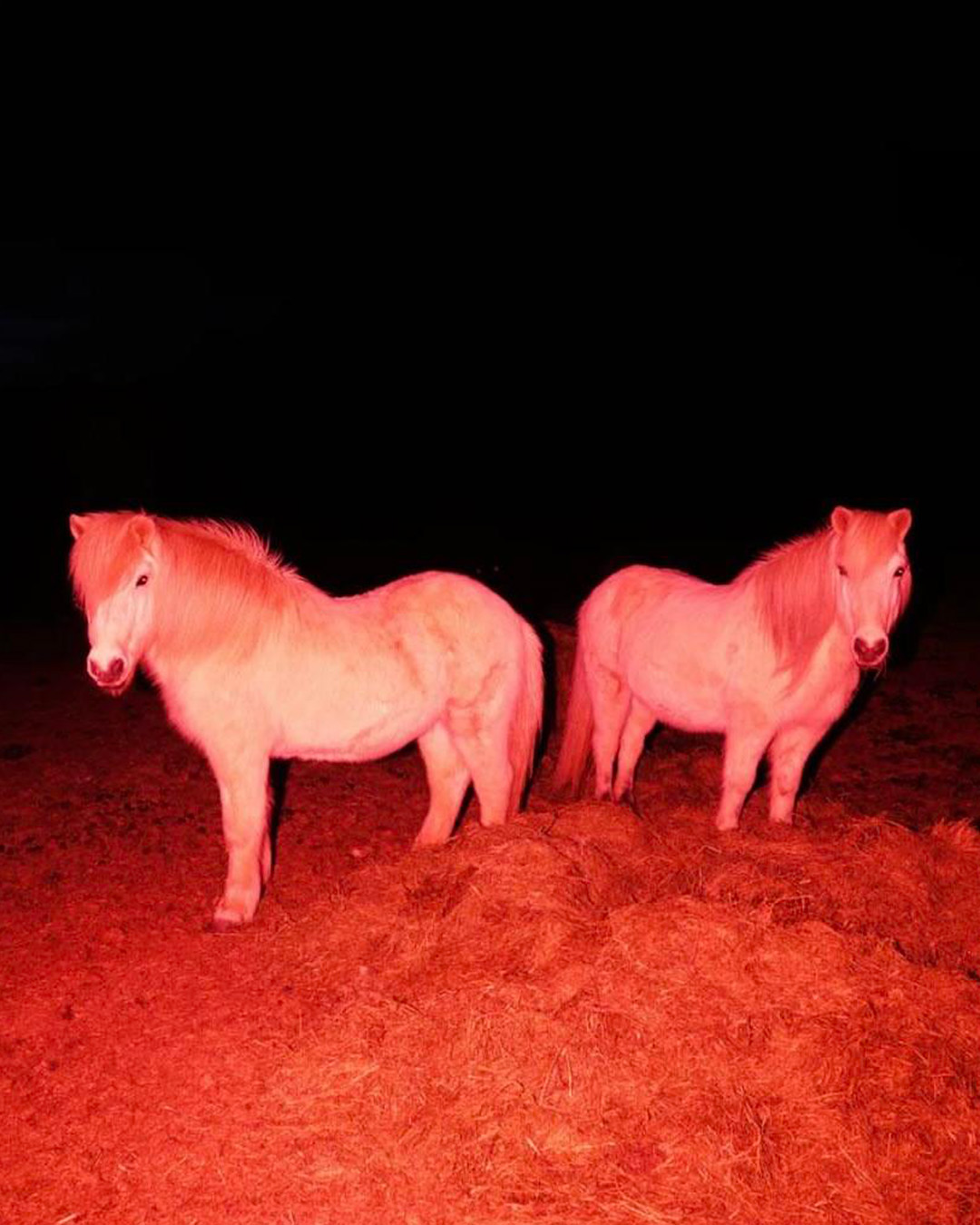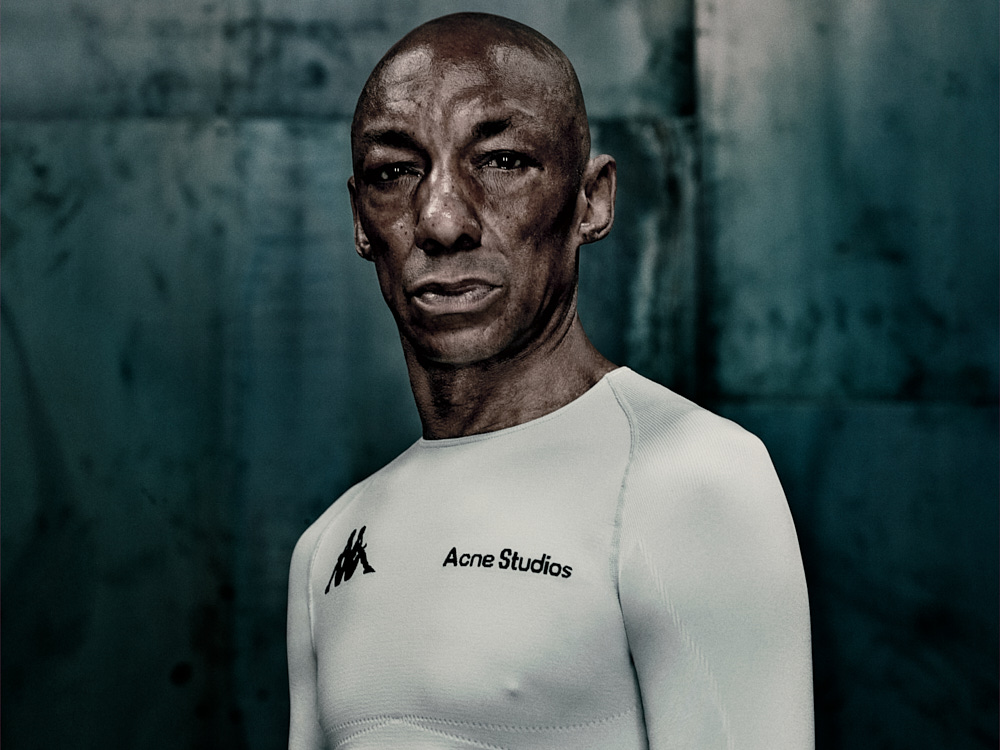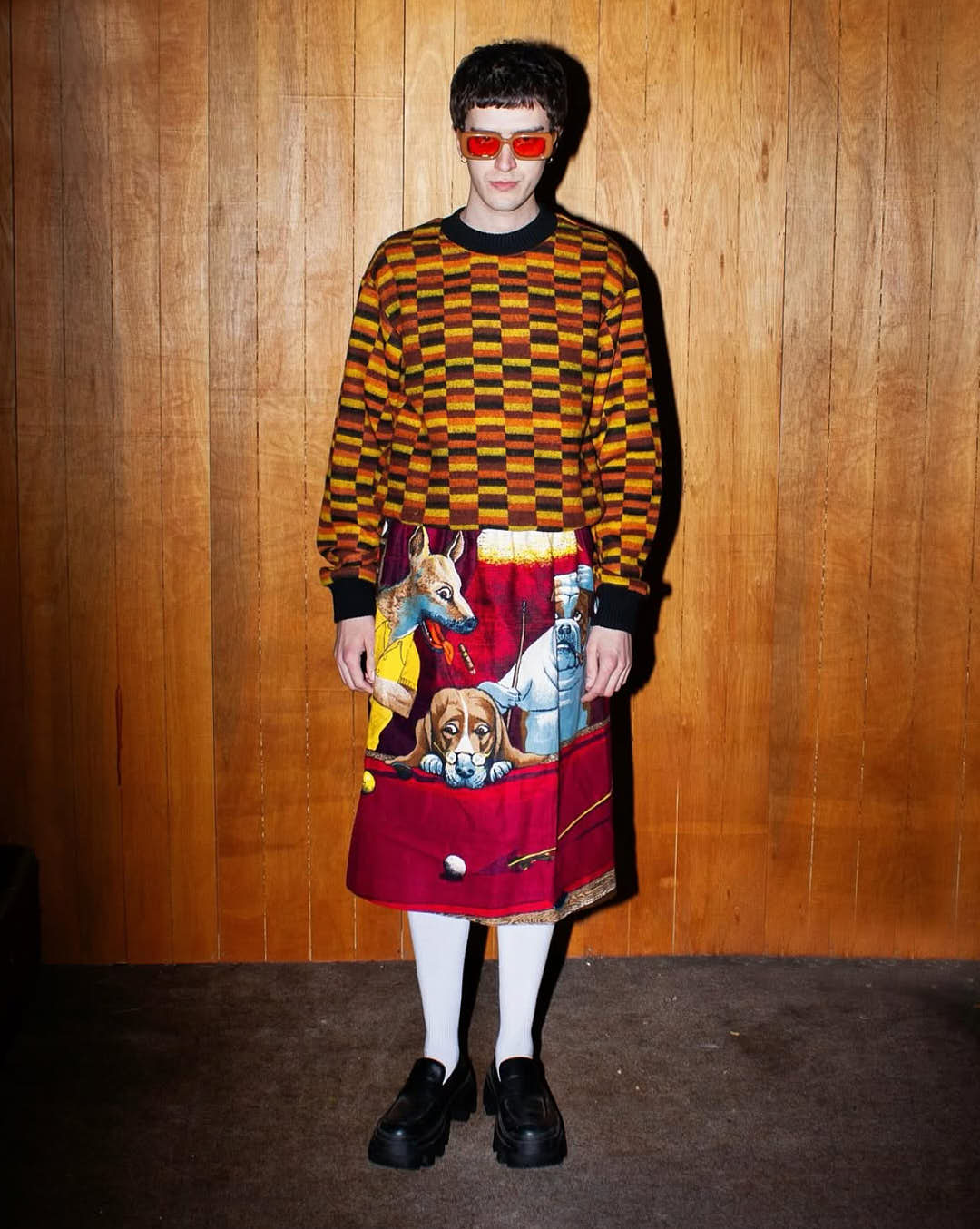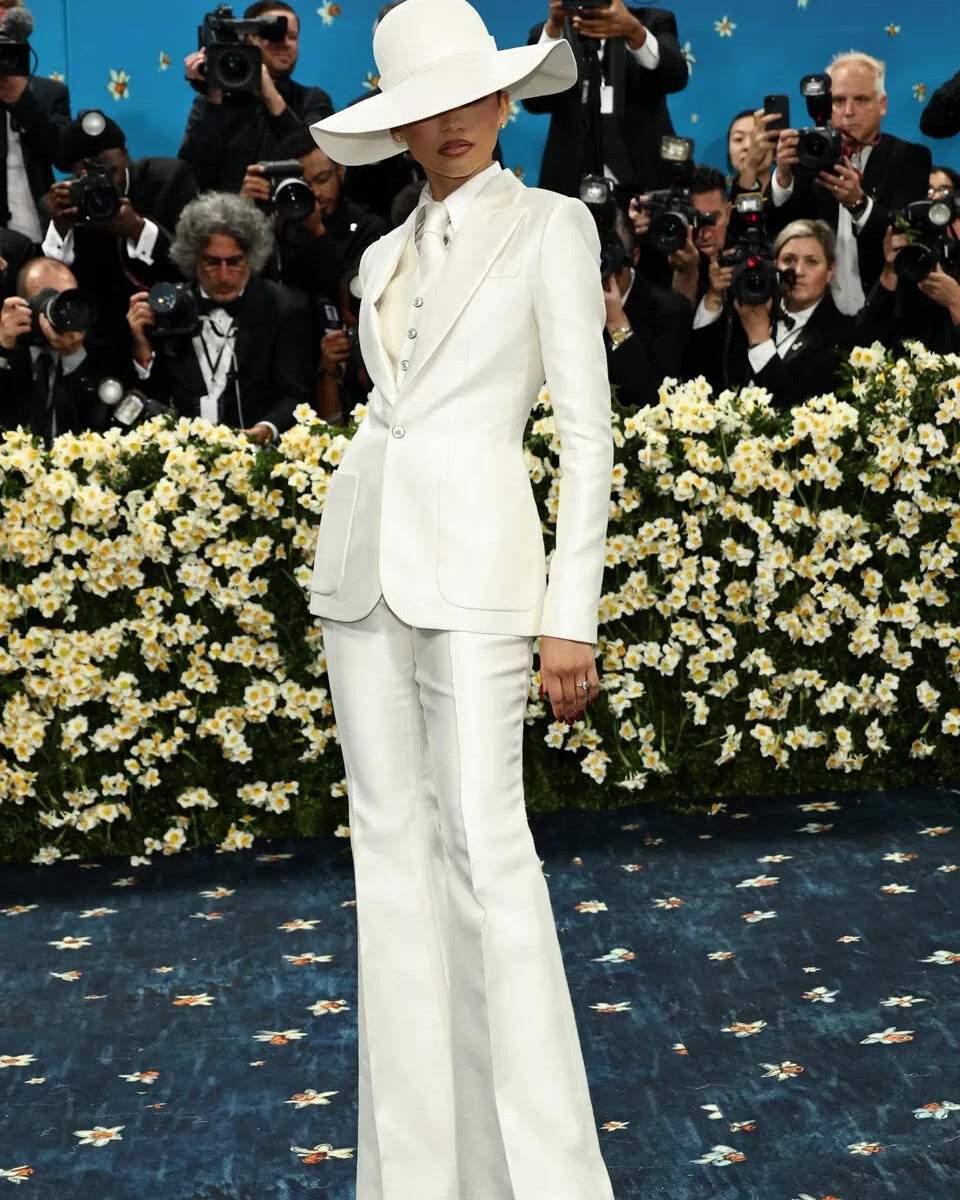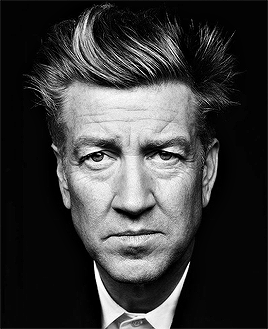
David Lynch: The King of Strange Surrealism
A love letter to Lynch’s legacy
Written by Sarah Arslan
David Lynch gave us fever dreams on film that feel more real than reality itself, breaking the rules to create his own bizarre language of backward-talking dwarves, industrial soundscapes, and cherry pie that somehow means more than just dessert. His work shatters the traditional filmmaking playbook, abandoning clear narratives for fragments your brain scrambles to piece together — and that’s the point. Lynch’s films don’t just tell stories; they create moods and atmospheres that linger like vivid dreams.
What makes his work so singular is the way it creates its own reality. In Lynch’s world, curtains aren’t just curtains, owls aren’t what they seem, and the line between dreams and waking life blurs in deliciously unsettling ways. Where others strive to capture life as it is, Lynch captures life as it feels — strange, elusive, and impossible to forget.
As of his recent passing, it feels more important than ever to revisit the masterpieces that redefined what cinema could be.
Blue Velvet (1986)
Visually and sonically, Blue Velvet is unforgettable. Lynch’s artistic identity truly exudes from this one. He turns the American Dream inside out, revealing its dark, unsettling underbelly. The suburbs, familiar and safe, are twisted into something haunting, with Dennis Hopper’s Frank Booth standing as one of cinema’s most terrifying villains. It’s a film that makes you question what lies beneath the surface, leaving you wary of even the most pristine gardens. Suburban idealism and the hidden realm of darkness create a psychological unease — which is, I’m sure, exactly what Lynch was going for.
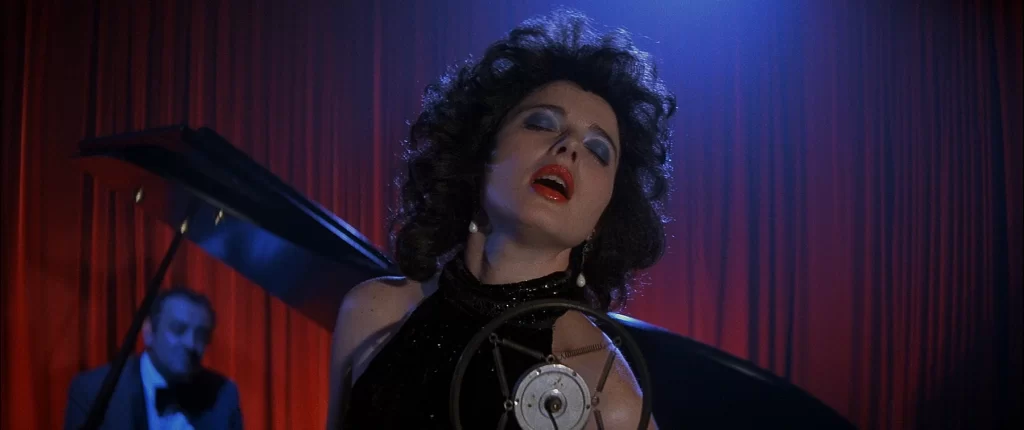
Eraserhead (1977)
If you’ve ever wondered what a nightmare committed to film looks like, Eraserhead is the answer. Lynch spent five years crafting this black-and-white surrealist film, delving into the anxieties of parenthood in the most bizarre and unsettling way. The film follows Henry Spencer and his disturbingly unusual baby (seriously, what is that thing?), drawing from Lynch’s own fears about fatherhood while living in a tough part of Philadelphia. It’s a haunting, unconventional narrative that leaves a lasting impression, and let’s not forget — the hair alone deserves its own award.
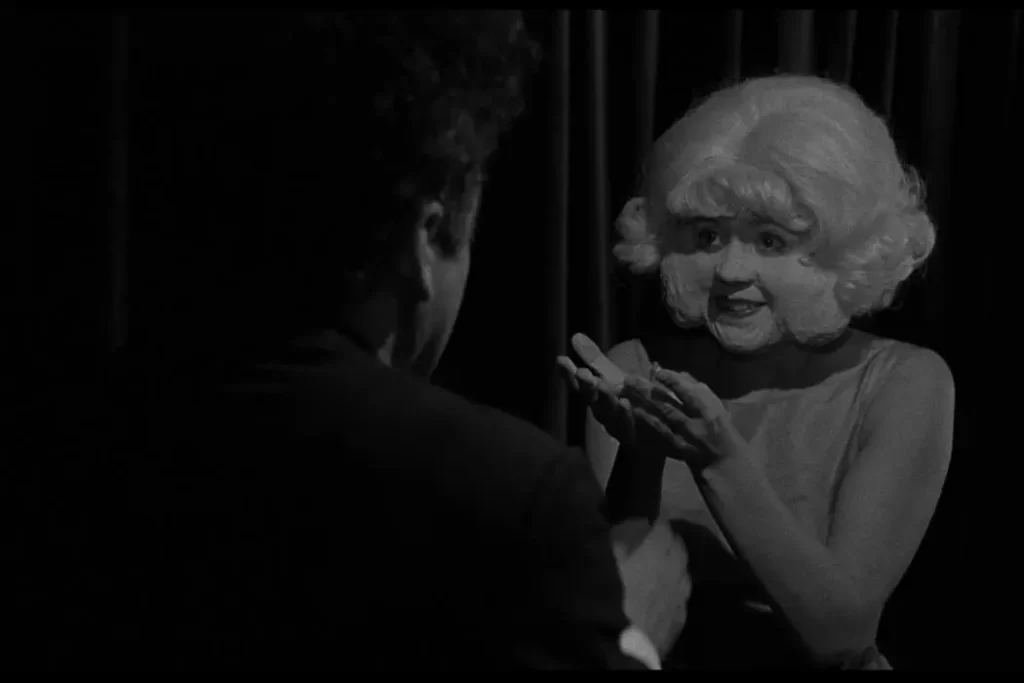
The Elephant Man (1980)
This is where Lynch proved he could break your heart as easily as he could blow your mind. The Elephant Man, a stunning black-and-white film about Joseph Merrick, reveals Lynch’s deeply human side. The film tells the true story of Merrick, a man in Victorian England with severe physical deformities, who is exploited as a sideshow attraction before being rescued by a compassionate doctor, Frederick Treves. Gone are the crazy dream sequences or supernatural owls — instead, we’re given a powerful story about dignity and personal struggle. The fact that it earned eight Oscar nominations while still feeling unmistakably Lynchian speaks to his incredible versatility as a filmmaker.
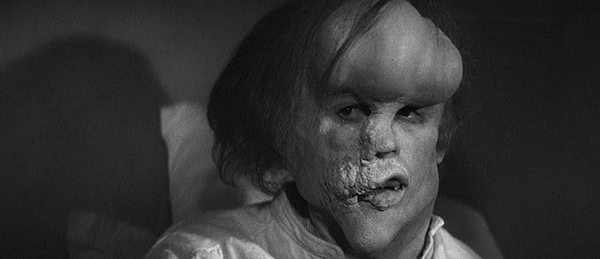
Mulholland Drive (2001)
What started as a rejected TV pilot transformed into Lynch’s crowning achievement – a Hollywood nightmare that makes you question everything you just watched. The story follows Betty, a hopeful actress who arrives in Los Angeles, and a woman with amnesia who’s found in a car accident. As Betty tries to help her uncover her identity, strange and surreal events unfold, blurring the line between dream and reality. It’s pure cinema magic, a series of moment that stick with you long after. No wonder critics called it the best film of the 21st century. It’s one of those films that only gets better with each rewatch, even if you never quite figure it out.
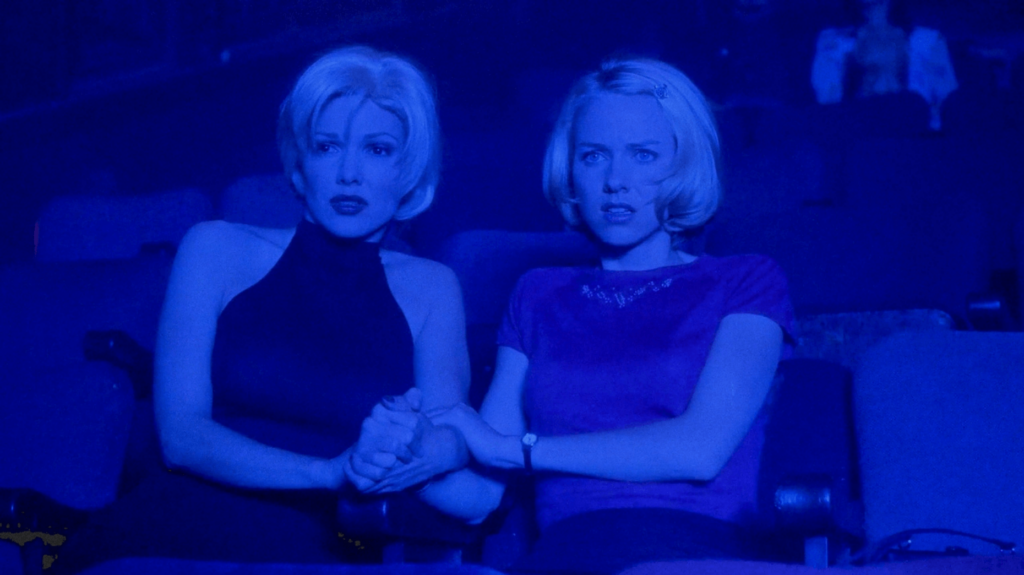
Twin Peaks (1990-1991, 2017)
‘Who killed Laura Palmer?’ That simple question changed the course of television forever. But for anyone who’s watched Twin Peaks, it quickly becomes clear that the murder mystery is just the starting point for a far more complex, mind-bending exploration of good, evil, and everything in between. What begins as an eccentric crime drama set in a small town, complete with its famously good coffee, spirals into a surreal journey through the strange and bizarre. Kyle MacLachlan’s portrayal of Agent Cooper became the blueprint for the idiosyncratic detectives that followed. With its unique blend of unforgettable characters, iconic soundtrack, and Lynch’s signature surrealism, Twin Peaks redefined what television could be. And just when we thought we had seen it all, The Return (2017) came along to prove that Lynch’s ability to leave us questioning reality was still as strong as ever.
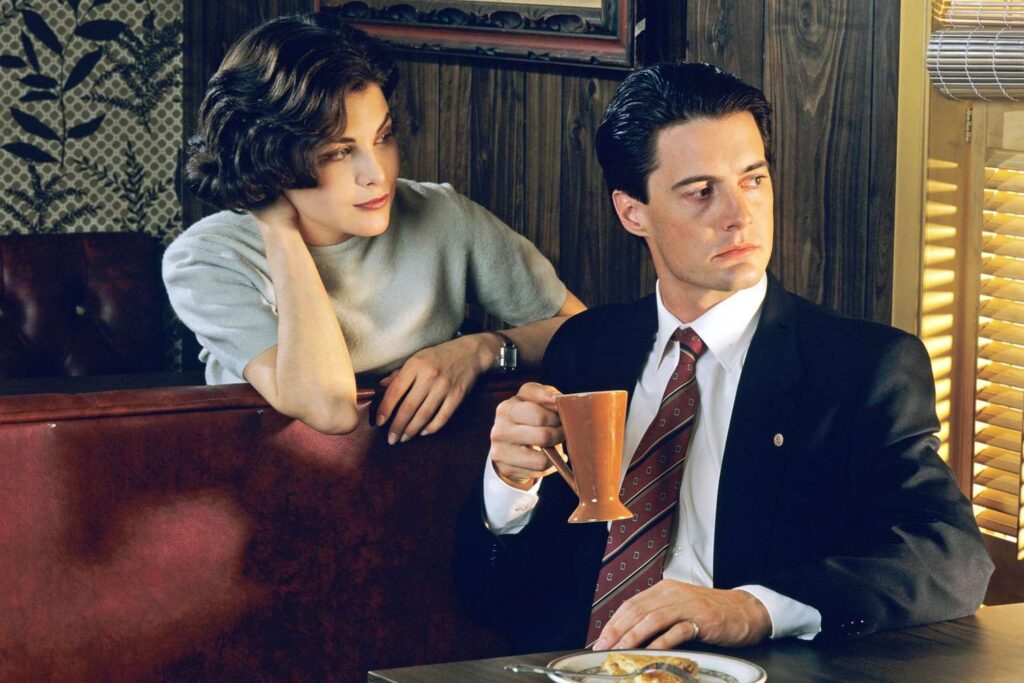
Lynch’s work reminds us that cinema isn’t just about telling stories — it’s about creating experiences that change how we see the world. His passing marks the end of an era, but his influence will continue to inspire generations of filmmakers who dare to dream differently. In a world of increasingly formulaic entertainment, we are left with Lynch’s legacy of beautiful strangeness, which we need more than ever.



